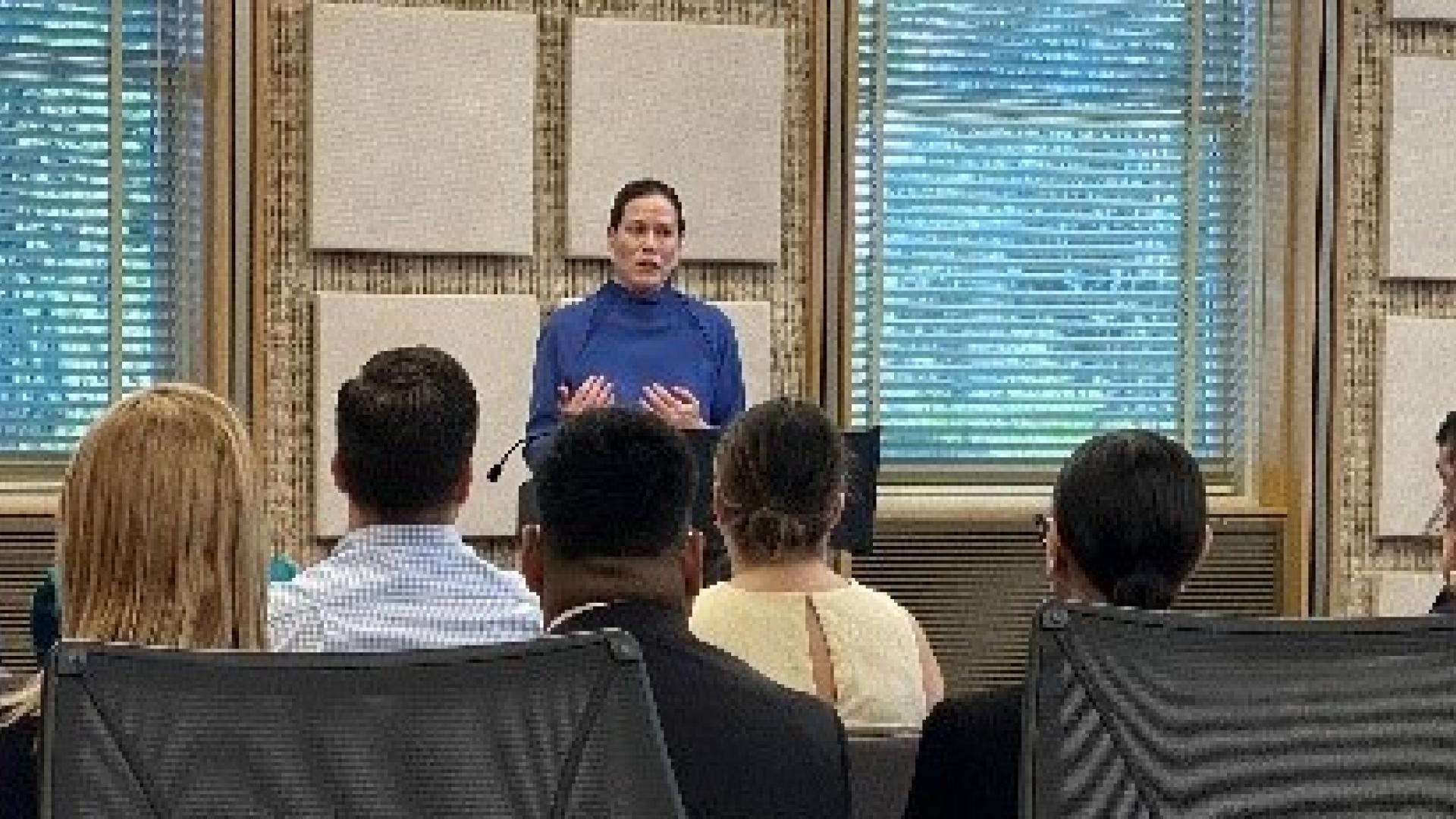The Department of Veterans’ Affairs and the Australian Public Service Commission partner again on a VetPaths Induction course for veterans.
Induction
Latest news
Upcoming events

This course is delivered on 03/02/2026, by face-to-screen consisting of one 3-hour session.
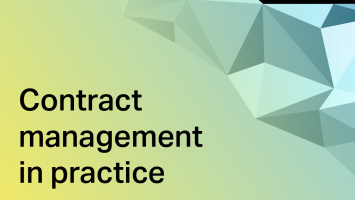
This course is delivered on 04/02/2026, by face-to-screen consisting of one 3-hour session.

This course is delivered on 23/02/2026, by face-to-screen consisting of one 3-hour session.

This course is delivered on 25/02/2026, by face-to-screen consisting of one 3-hour session.
This course is delivered on 27/02/2026, by face-to-screen consisting of one 2.5-hour event.
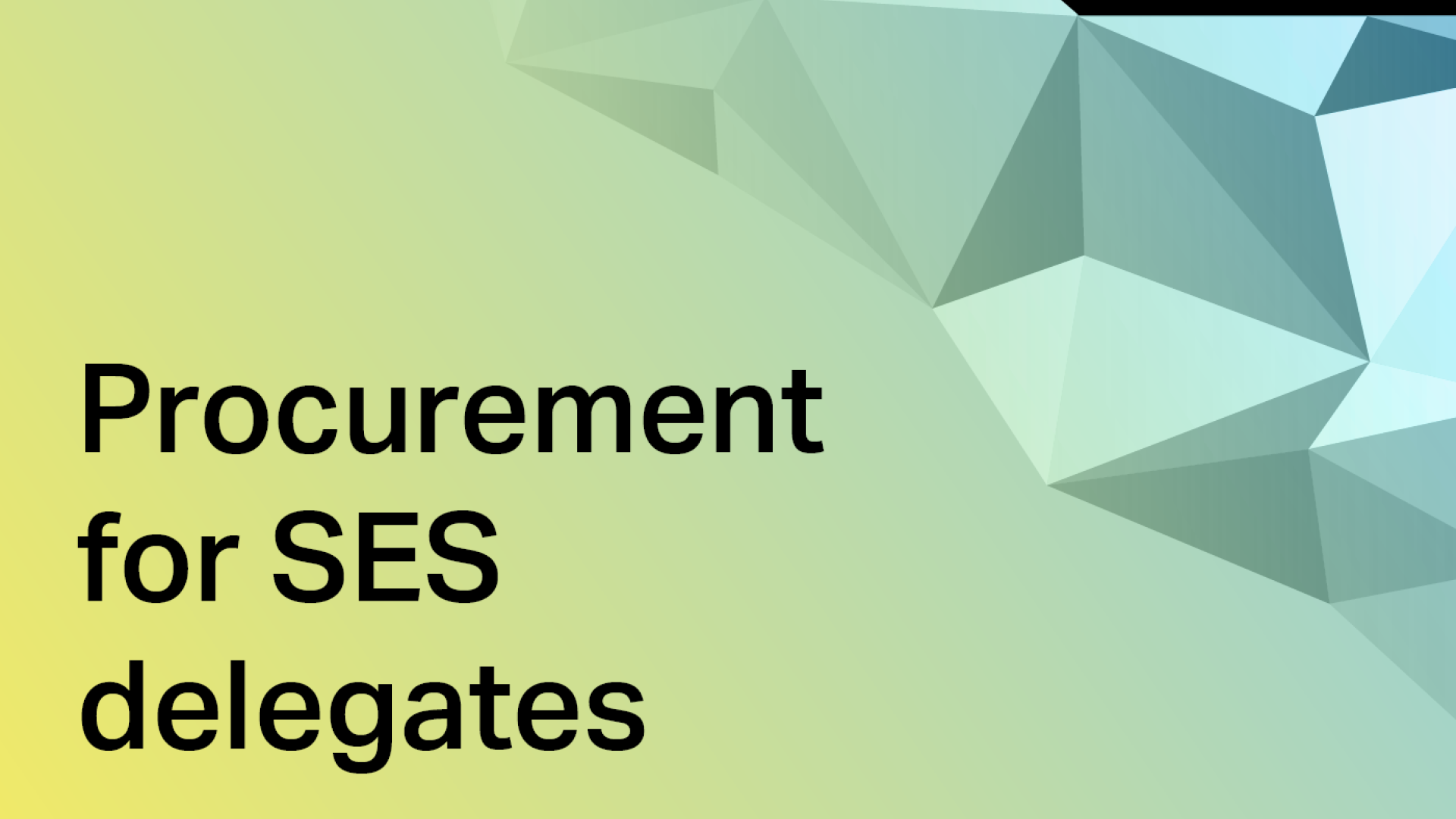
This course is delivered on 04/03/2026, by face-to-screen consisting of one 3-hour session.
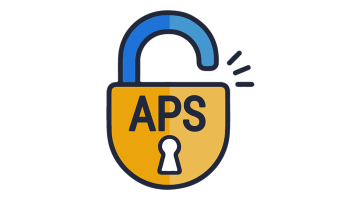
This course is delivered on 05/03/2026, by face-to-screen consisting of one 90-minute session.

This course is delivered on 05/03/2026, by face-to-screen consisting of one 3-hour session.

This course is delivered on 10/03/2026, by face-to-screen consisting of one 3-hour session.

This course is delivered on 19/03/2026, by face-to-face consisting of one 3-hour session.

This course is delivered on 19/03/2026, by face-to-face consisting of one 3-hour session.
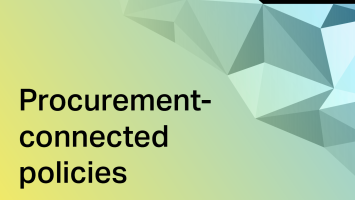
This course is delivered on 1/04/2026 by face-to-screen, consisting of one 2-hour session.

This course is delivered on 14/04/2026 by face-to-screen, consisting of one 2.5-hour session.

This course is delivered on 15/04/2026, by face-to-screen consisting of one 3-hour session.

This course is delivered on 16/04/2026 by face-to-screen, consisting of one 3-hour session.

This course is delivered on 16/04/2026, by face-to-screen consisting of one 90-minute session.

This course is delivered on 21/04/2026 by face-to-screen, consisting of one 3-hour session.

This course is delivered on 24/04/2026 by face-to-screen, consisting of one 2-hour session.

This course is delivered on 28/04/2026, by face-to-screen consisting of one 3-hour session.

This course is delivered on 30/04/2026 by face-to-screen, consisting of one 3-hour session.

This course is delivered on 6/05/2026 by face-to-screen, consisting of one 2-hour session.

This course is delivered on 7/05/2026 by face-to-screen, consisting of one 3-hour session.

This course is delivered on 07/05/2026, by face-to-screen consisting of one 90-minute session.

This course is delivered on 12/05/2026 by face-to-screen, consisting of one 3-hour session.

This course is delivered on 19/05/2026, by face-to-screen consisting of one 3-hour session.

This course is delivered on 26/05/2026 by face-to-screen, consisting of one 3-hour session.

This course is delivered on 27/05/2026 by face-to-screen, consisting of one 3-hour session.

This course is delivered on 28/05/2026 by face-to-screen, consisting of one 2-hour session.
This course is delivered on 29/05/2026, by face-to-screen consisting of one 2.5-hour event.

This course is delivered on 11/06/2026 by face-to-screen, consisting of one 3-hour session.

This course is delivered on 11/06/2026 by face-to-screen, consisting of one 2.5-hour session.

This course is delivered on 15/06/2026, by face-to-screen consisting of one 3-hour session.

This course is delivered on 16/06/2026 by face-to-screen, consisting of one 3-hour session.

This course is delivered on 17/06/2026 by face-to-screen, consisting of one 2-hour session.

This course is delivered on 24/06/2026 by face-to-screen, consisting of one 3-hour session.

This course is delivered on 30/06/2026, by face-to-screen consisting of one 3-hour session.
Courses

This course provides a discussion on value for money, what that means and how it applies when conducting procurement and contract management activities.

This course will help build your foundational knowledge about important aspects of Australia’s system of government, structures, and frameworks that relate to your work in the APS.

During the course we will discuss what diversity and inclusion means in the APS, identify the legislation and policies you need to be aware of and consider how the APS demonstrates its commitment to diversity and inclusion.
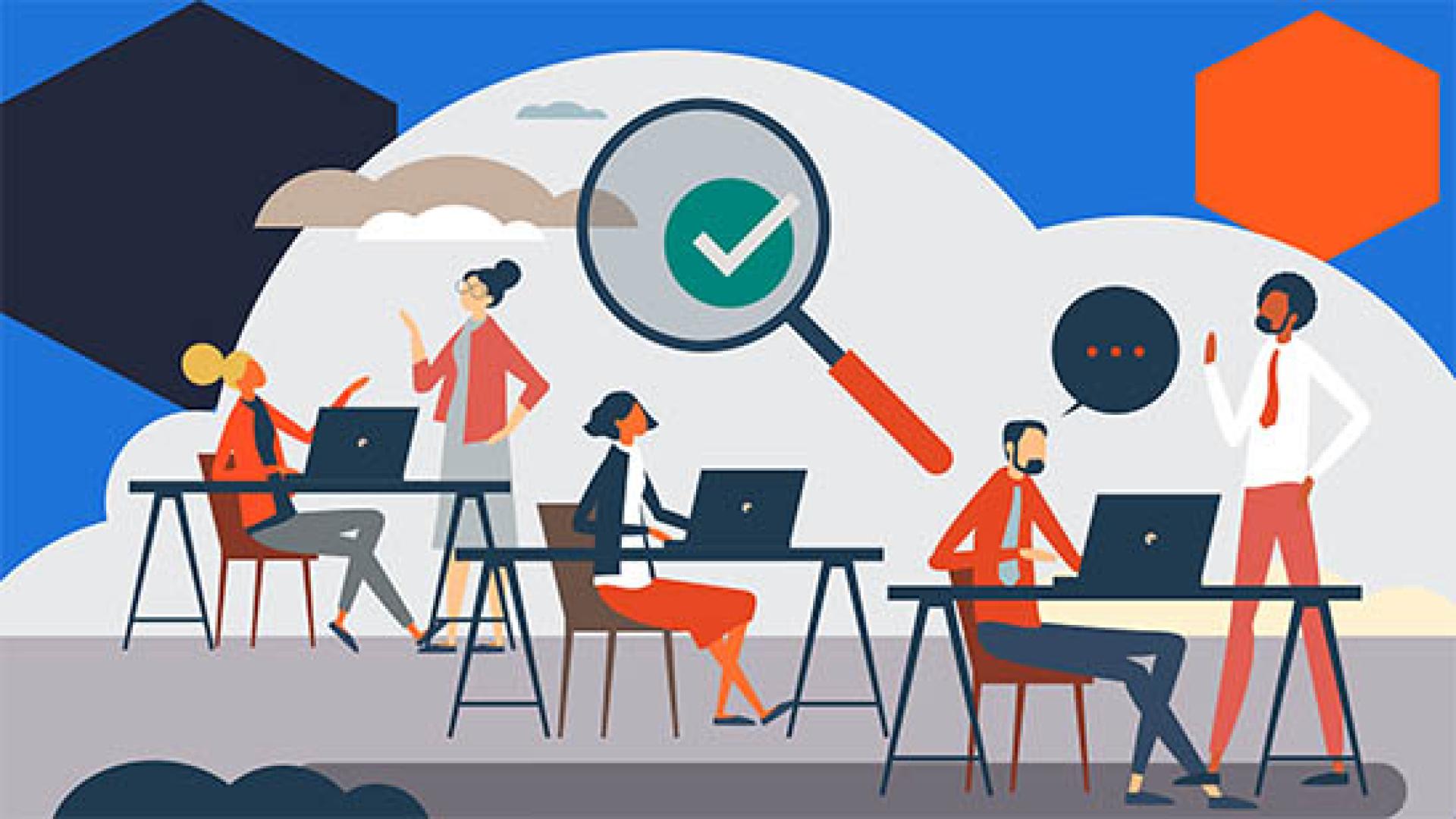
This course is designed to support you to build your interpersonal and self-care skills to foster positive human-to-human interactions that promote connection and understanding.

This course will introduce you to the key principles, your obligations and expected behaviours regarding how records are managed in the Australian Public Service.

In this course you will be introduced to the key principles and obligations associated with records management in the Australian Public Service.
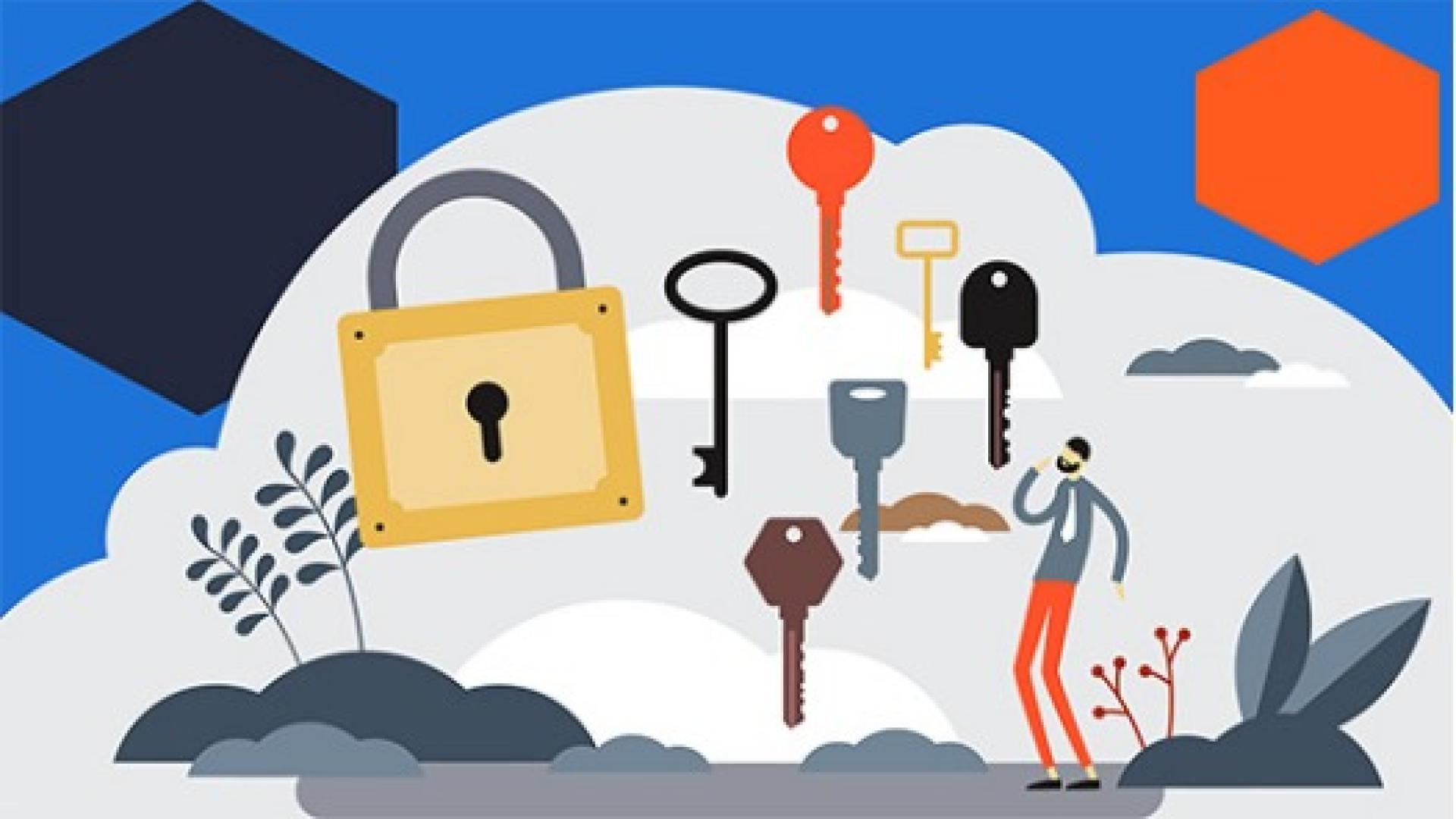
Learn about protective security arrangements in the public service, including physical security, information security and cyber security.
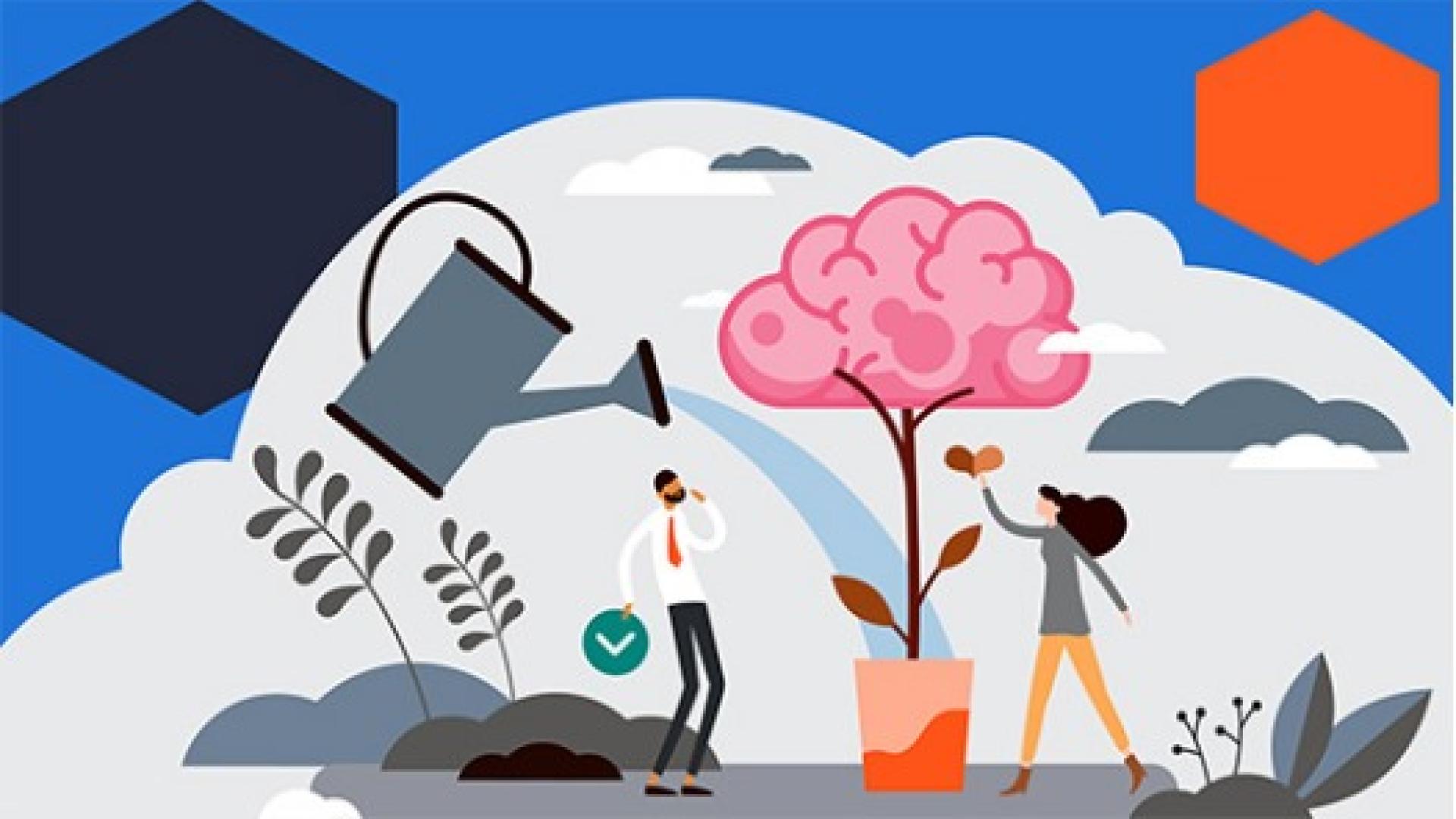
By undertaking this course you will learn what Work Health and Safety (WHS) is, why it is so important, key WHS principles and your responsibilities.

APS Unlocked brings together new and returning members of the APS to engage with experienced APS leaders and practitioners, who will share essential information and tips for a successful and productive career in the APS.

This course includes management of the resulting contract to deliver value for money outcomes.

The Multicultural Organisation – Staff Awareness, Innovation and Capability (MOSAIC) digital learning magazine aims to enhance multicultural awareness in the APS.

This course is a high-level overview of the procurement lifecycle and provides guidance to SES delegates on their role and responsibilities in each phase, from planning through to contract management.
Resources
Tools, guidance and resources to support staff in understanding, valuing and practicing good record keeping - ensuring continued delivery of trusted and transparent services.
The Protective Security Policy Framework (PSPF) prescribes what Australian Government entities must do to protect their people, information and resources, both domestically and internationally.
The Australian Public Service Commission (APSC) provides a range of resources to support diversity and inclusion in APS workplaces.
The National Archives of Australia (NAA) provides this suite of resources for APS employees to understand key concepts and practices related to information and data management.
Administrative Arrangements Orders (AAOs) formally allocate executive responsibility among ministers. They set out which matters and legislation are administered by which department or portfolio.
Any APS or Parliamentary Service employee (ongoing, non-ongoing or casual) may apply for an independent review of an action or decision that affects their employment. (subject to certain exceptions).
In today’s fast changing work environment, having a culture where everyone feels empowered to speak up without negative consequences will help build trust and confidence in the APS. This is speak up culture and the essence of psychological safety.
Comcare provides a range of information and learning resources on work health and safety and workers’ compensation laws.
The Government’s APS Reform Agenda and Delivering for Australians highlighted the need to build an integrated strategic approach to workforce management. The need to strengthen workforce planning capability to plan and develop the capabilities the APS needs for the future is becoming increasingly more critical.
The Parliament of Australia website publishes extensive information on Parliamentary business, members, bills, committees and more. You can also live stream proceedings.
The Federal Register of Legislation (the Register) is the authorised whole-of-government website for Commonwealth legislation and related documents.
This fact sheet from the Parliament of Australia explains the Constitution, which is the foundation that establishes the rules for how Australia is governed.
The Parliamentary Education Office (PEO) website has everything you need to know about the role, function, structure and people of the Australian Parliament.
The Australian Government Directory is a guide to the structures, organisations and key people in the Australian Government.
It’s important to not only decide what skills and knowledge you want to develop, but also how you’re going to learn them. Use this downloadable development planning template to identify the learning experiences you’ll use to develop your skills and knowledge.
Reflection is an important source of self-development and improvement and enhances your continuous learning experiences. It makes the learning that happens at work more productive because you are actively recalling and recognising what you learned.
Comcare’s evidence-based Good Work Design resources can better support health, wellbeing, work participation and productivity, while creating psychologically safe teams.
Inspire and support a continuous learning culture with these Continuous Learning conversation prompts.
The Australian Government commissioned Jobs and Skills Australia (JSA) to undertake a capacity study on the workforce needs for Australia’s transition to a clean energy economy. Learn more about how partnering with stakeholders and specialists has assisted them and what it could mean for your similar endeavours.
This chart highlights continuous learning experiences that are the most available to APS people. It plots the frequency and distance from work for each experience.
Martin Seligman presents the ‘PERMA’ model which steps through five elements essential to human wellbeing and flourishing: positive emotions, engagement, relationships, meaning and achievement.
Trauma-informed guidance to accompany the release of 'Set the Standard: Report on the Independent Review into Commonwealth Parliamentary Workplaces'. The Resource outlines trauma such as bullying, sexual harassment and sexual assault and its impacts.
Integrity in the APS is a multi-layered concept that is shaped by frameworks and policies, assurance mechanisms, employees and broader organisational culture.
The Office of the Australian Information Commissioner (OAIC) has a suite of learning resources to help you understand your responsibilities under Privacy and Freedom of Information legislation.
The Office of the Australian Information Commissioner (OAIC) is the independent national regulator for privacy and freedom of information.
Brene Brown informs leaders how they can give constructive and honest feedback from a place of engagement, rather than judgment. She calls it ‘Sitting on the same side of the table,’ as someone.
Lisa Lahey (2017) explores how leaders can transcend habitual patterns, and considers how to navigate change and complexity.
Caroline Webb (2018) discusses the ‘discover-defend axis’ which is a model showing that the brain has two ‘modes’ which shape the way humans interact.
In her TED talk, ‘The power of believing that you can improve’ (2014), Carol Dweck discusses the ‘growth mindset’ which leaders can use to build their brain’s capacity to learn and solve problems.
Gabriele Oettingen presents the ‘WOOP’ model which is a practical, accessible, evidence based mental strategy that people can use to find and fulfil their wishes and change their habits.




